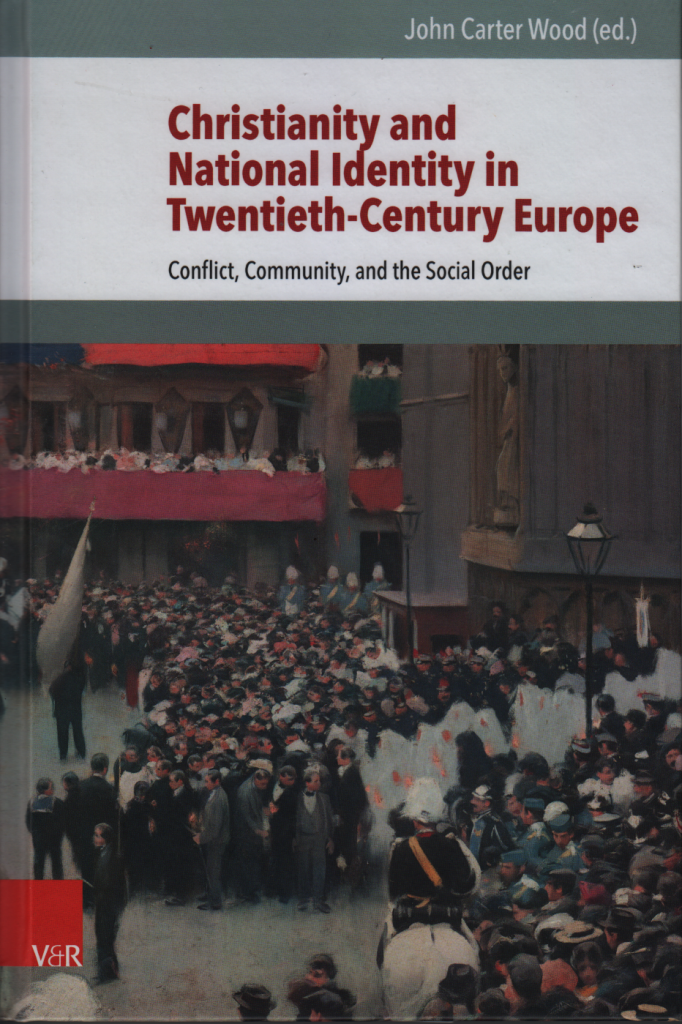OPEN ACCESS

Description
This collection explores how Christian individuals and institutions – whether Churches, church-related organisations, clergy, or lay thinkers – combined the topics of faith and national identity in twentieth-century Europe. “National identity” is understood in a broad sense that includes discourses of citizenship, narratives of cultural or linguistic belonging, or attributions of distinct, “national” characteristics. The collection addresses Catholic, Protestant, and Orthodox perspectives, considers various geographical contexts, and takes into account processes of cross-national exchange and transfer. It shows how national and denominational identities were often mutually constitutive, at times leading to a strongly exclusionary stance against “other” national or religious groups.
In different circumstances, religiously minded thinkers critiqued nationalism, emphasising the universalist strains of their faith, with varying degrees of success. Moreover, throughout the century, and especially since 1945, both church officials and lay Christians have had to come to terms with the relationship between their national and “European” identities and have sought to position themselves within the processes of Europeanisation. Various contexts for the negotiation of faith and nation are addressed: media debates, domestic and international political arenas, inner-denominational and ecumenical movements, church organisations, cosmopolitan intellectual networks and the ideas of individual thinkers.
Reviews and comments
Eine eindeutige Antwort auf die Frage nach dem Zusammenhang von Nation und Religion kann der Leser des Bandes – verständlicherweise – nicht erwarten. Eher zeigt sich, dass Religion ebenso wie ihr gradueller Bedeutungsverlust im 20. Jahrhundert als Ressource in den Debatten um die nationale „Identität“ zu immer wieder neuen Kombinationen und zum Teil überraschenden Mischungsverhältnissen führte, in jedem Fall aber einen zentralen Bezugspunkt im Diskurs darstellte, ja sehr oft auch im 20. Jahrhundert eine entscheidende Komponente zur Legitimation von Nationenkonzepten war.
Peter Itzen, H-Soz-u-Kult, 21.02.2017
I recommend this stimulating volume, which is worth reading, as it gives the reader an insight into very different case studies and provides incentives for further research about the relationship of religion and nations in the twentieth century. It shows that religion still acts as an important resource in politics, even though the types of intertwining, mutual references and influences on national identities differed greatly between the diverse historical contexts, times, nations, and denominations.
Sarah Tieme, Contemporary Church History, 23.1/2 (June 2017)
The only overall conclusion to be drawn from these essays is that no overall conclusion about the relationship between Christianity and national identity is possible.
Hugh McLeod, Journal of Ecclesiastical History, 69.3 (July 2018)